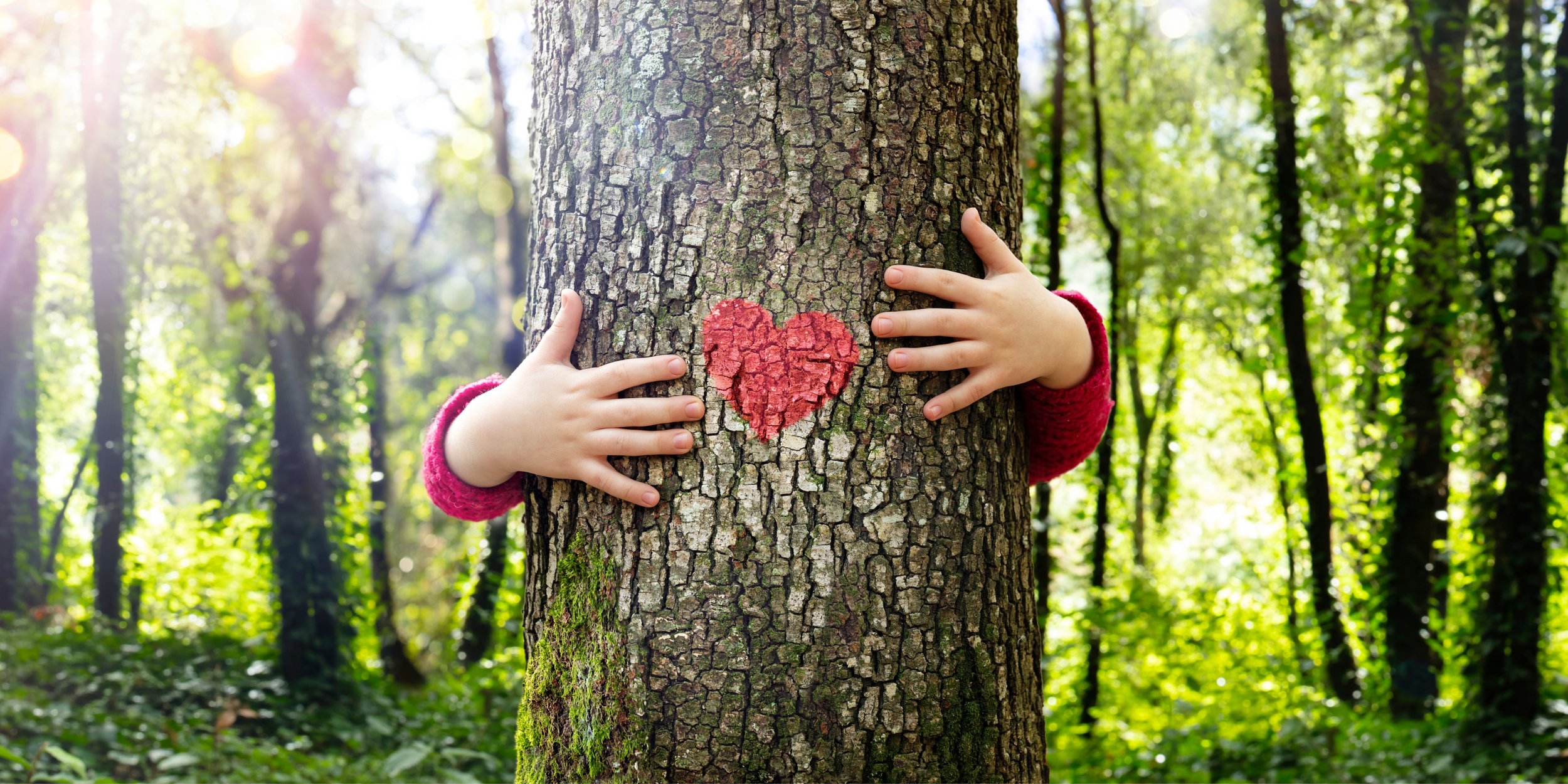Joséphine Vigouroux

Environmental issues are of growing concern, and the need to take concrete steps to preserve our planet is becoming increasingly obvious. Among the various stages of education, kindergarten appears to be a crucial time for introducing children to nature conservation and ecology. In this article, we look at the importance of environmental education in kindergarten, particularly in the context of eco-schools.
Eco-schools are educational institutions committed to integrating environmental and ecological concepts into their teaching, projects and activities. They encourage the active participation of students, teachers, staff, parents and the local community to promote awareness of environmental issues and implement concrete measures to reduce their ecological footprint.
These schools take a holistic approach to environmental education, fostering an understanding of the links between the environment, society and the economy. They identify specific environmental themes on which to focus, such as waste management, biodiversity preservation, energy conservation, sustainable mobility, climate change, and many others. You can find an article here about our eco-responsible approach and some of the projects we've set up at école M with preschool children.
Since habits and behaviors are often ingrained in childhood, preschool is a crucial time to introduce children to environmental awareness. What's more, children can be excellent agents for raising awareness within their families and communities, and thus have a positive impact on a larger number of people.
Gardening activities, outdoor outings, wildlife observation and nature-based art projects are an integral part of eco-schools. By introducing these activities in a fun and interactive way, teachers encourage students to develop a deep bond with nature. They learn to love and respect the planet from an early age.
Environmental education in kindergarten isn't just about outdoor activities. It also encourages critical thinking and responsible action. Students are encouraged to ask questions, explore answers, and propose creative solutions to simple environmental problems. This approach helps to develop problem-solving skills, which are essential for tackling future environmental challenges. It also fosters awareness of the impact of individual and collective actions on the environment.
Environmental education from preschool onwards prepares children to become responsible citizens, aware of the impact of their actions on the planet. By instilling values of respect for the environment and developing sensitivity to environmental issues, we are building the foundations of a generation committed to preserving the planet. In this article, Touk-touk gives you a few ideas for raising your children's ecological awareness at home, and by following this link, a few tips for tackling environmental issues with peace of mind.
In conclusion, environmental education from preschool onwards, within the framework of eco-schools, is a valuable opportunity to introduce children to environmental preservation. It fosters a love of nature and critical thinking, and prepares the citizens of the future to face pressing environmental challenges.
We wish you a pleasant autumn and hope to see you soon on theécole M blog.